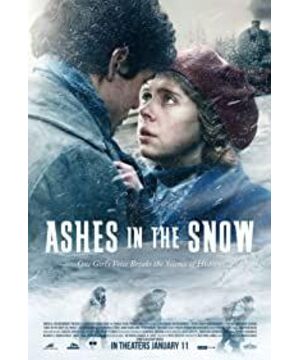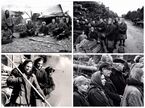Supetas has published three books, and the New York Times has won them all. The one who won the Carnegie Award is the two books about Baltic Germans. I really like her writing "Out of the Easy" about the life of a bitch in New Orleans. (The Easy should be the abbreviation of New Orleans' nickname the big easy), but this book didn't win the prize.
Supetas was a child of Baltic German immigrants who grew up in Detroit. Like many people with similar backgrounds, family hatred is inevitable, just like Alphabet's Brin. She kept saying that she wanted to be a "seeker of lost stories", but it turned out to be a true story project. This film has almost become a similar problem.
The Baltic Germans were a complete receiver during World War II. The local people criticized these old landlords. The Soviet Union came to arrest people, the head of state came to arrest people, Lithuania was also influenced by Poland, and the outcome can be imagined. This film is actually not finished, there is also Salt and Sea, a book about Gustav's Shipwreck. All are big enough scenes.
To be honest, the biggest problem in this film is brought out of the book. This is not the fault of the movie, the movie has actually tried its best. (But the heroine is 15 years old, even if one year is added to the movie, 16 years old, okay, skip this)
The whole story is divided into two parts, one is the suffering of the whole family, and the other is how the heroine finds her father and how to live between her younger brother's boyfriend and the evil handsome officer. This content has written more than 80 chapters, and the New York Times used the "youth version of the Gulag" to praise it, so a film with so much content is definitely not enough.
View more about Ashes in the Snow reviews











